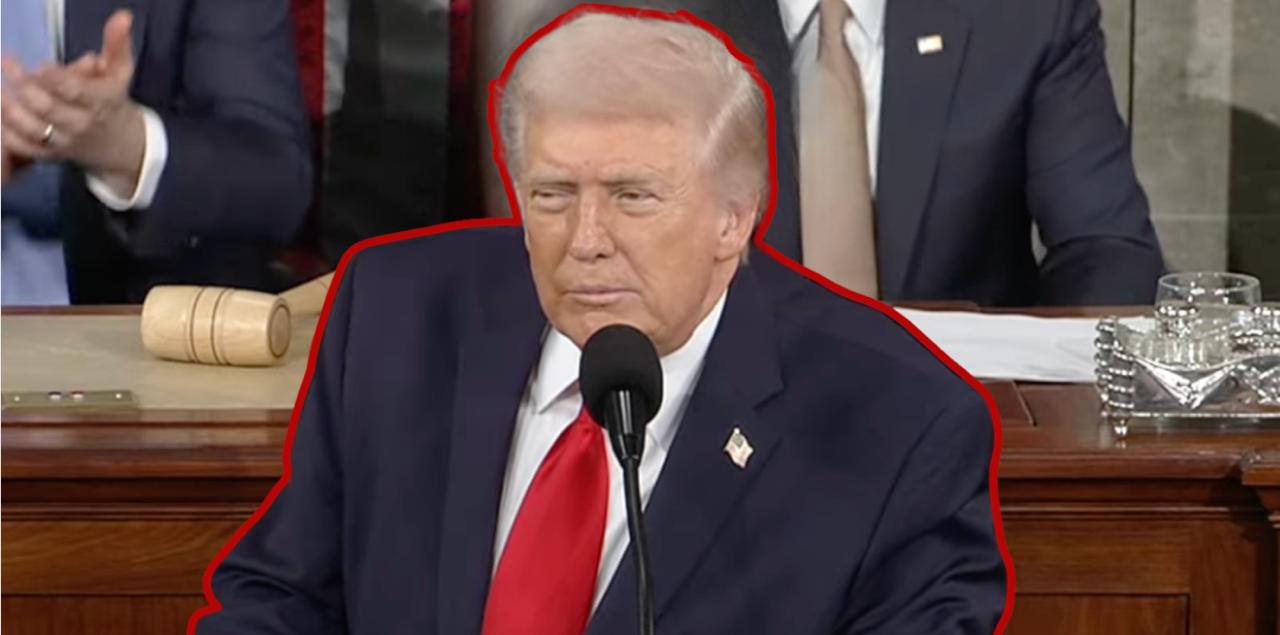For many people of faith, and particularly Christians, the Easter Sunday attacks on the Catholic Church congregations in Sri Lanka, following the traumatic fire at Notre Dame earlier that week, marked a new low in our relationship with the secular world around us.
...the Easter Sunday attacks in Sri Lanka, following the traumatic fire at Notre Dame, marked a new low in our relationship with the secular world around us.
Certainly, the loss of life and architectural treasures traumatized us all. But more discouraging, perhaps, was the neutered, banal news coverage that followed.
To paraphrase an acute observer of our times, Bill Bennett, the mainstream analysis of the Notre Dame fire took on an anthropological air, referencing an earlier age when a tribe of people called “Catholics” built this wonderful piece of architecture that was now an important historical monument maintained by the secular French state.
[caption id="attachment_176648" align="alignnone" width="5406"] Notre Dame, Flickr (CC), Guillaume Baviere[/caption]
Notre Dame, Flickr (CC), Guillaume Baviere[/caption]
The fact that the shimmering glass walls of the great Lady of Paris helped create for the faithful a spiritual experience that became heaven on earth during the sacrifice of the Mass, went unmentioned.
The Christians slaughtered in Sri Lanka were referred to in many news outlets as “Easter worshipers”, a generic description of people seemingly out of step with modern times who still maintain archaic superstitions and cult-like practices. That they were at the sacrifice of a Holy Mass, experiencing the risen Lord Jesus Christ, was again overlooked.
My experiences from a decade of missionary activity on the streets of New York City, described in my new book The Missionary of Wall Street, have taught me this important truth: the secular, Godless culture into which we are gradually slipping doesn’t cut it.
When you leave our common Creator out of the equation, bad things happen.
When you leave our common Creator out of the equation, bad things happen. When houses of God become no more than architectural monuments and when Christians communing with Jesus at the most important Mass of the year become simply generic “worshipers”, morality becomes relative. With no God, there is no absolute good, nor absolute evil. All is in the eyes of the beholder.
Left to make up our own rules by a religiously-neutered world with no rules, our natural human instincts have a way of rationalizing bad behaviors, leading us to sinful habits and attitudes that ever so slowly grow more and more self-centered.
Many of us, as we embark on this solo spiritual voyage, declare our intent to “maintain my own relationship with God.” The problem is, it is hard to maintain a relationship with an absolute good when our own understanding of good keeps changing with the secular winds. What happens next isn’t pretty.
[maxbutton id="2" ]
Cut off from God, from our Creator, the happy life we’d hoped for fades. Relationships sour. Our hopes in our eternal future grow dimmer. We begin to walk alone. Wandering in a spiritual desert, we gradually lose our way. In the end, we become trapped within walls of our own making, outside the walls of the very churches where God and his Word could help us.
Many of us are secretly or sub-consciously hoping to be found, to be brought back, but we’ve lost the map to do so, and Google Maps doesn’t have a faith page.
There is a way to alter this course. It’s called a radical intervention.
Out on the streets of affluent SoHo, our little band of missionaries described in The Missionary of Wall Street has greeted 3 million souls, and brought 15,000 or so back to a meeting with Jesus in the Catholic sacrament of Reconciliation. These lost souls didn’t need fiery speeches from a corner-side soapbox. What they needed were gentle, joyful, loving spirits who took them by the spiritual hand and led them home.
If we could find them in busy SoHo, think how many more are out there in the streets and malls of our communities across the country? To find them, we need to take on the roles that the missionary fathers of Christianity served before us, entering the public square, and engaging others lovingly, firmly, and confidently.
So, as I watched the great cathedral of Notre Dame burning down, I was rooting for sure that the firefighters of Paris would find a way to douse the flames. I hoped and prayed that secular France would find the money and the will to rebuild those soaring walls and that great spire to the heavens. Later that week, I prayed for the Christians of Sri Lanka. And, I prayed for strength from the Holy Spirit, and with Him, headed into the streets. We found many lost souls in New York the week that Notre Dame burned and Sri Lanka exploded. There are so many, many more to be found. One soul at a time.
Stephen F. Auth is the author of The Missionary of Wall Street: From Managing Money to Saving Souls on the Streets of New York. He is a Chief Investment Officer at Federated Investors.





